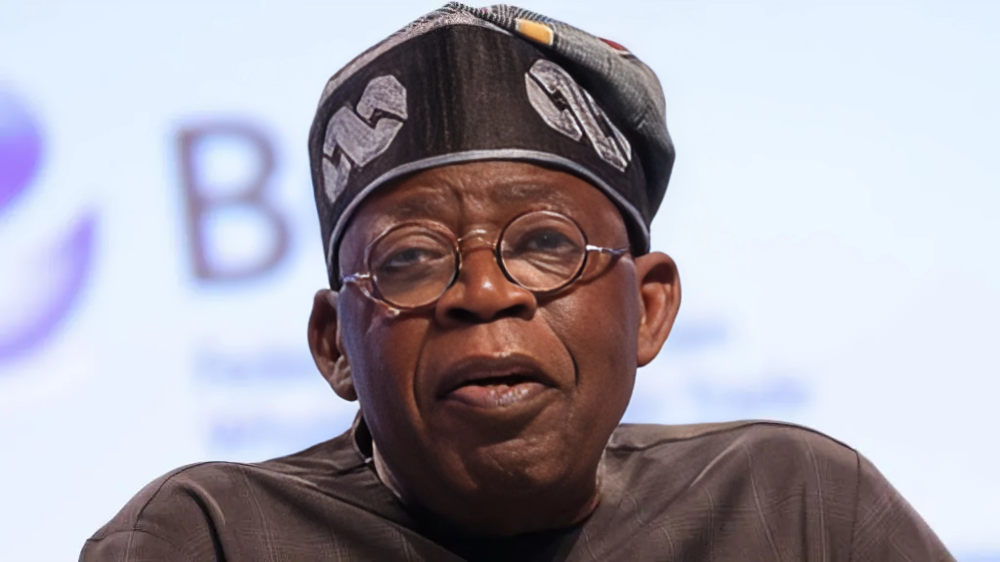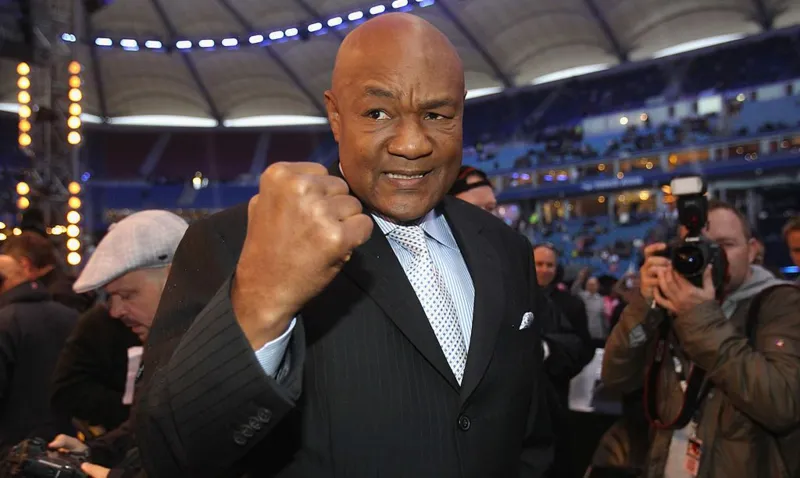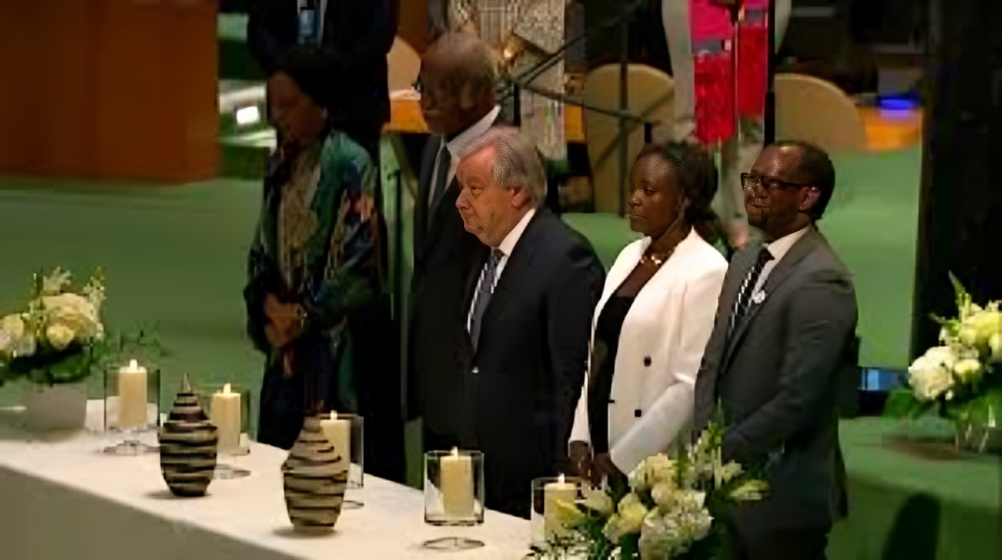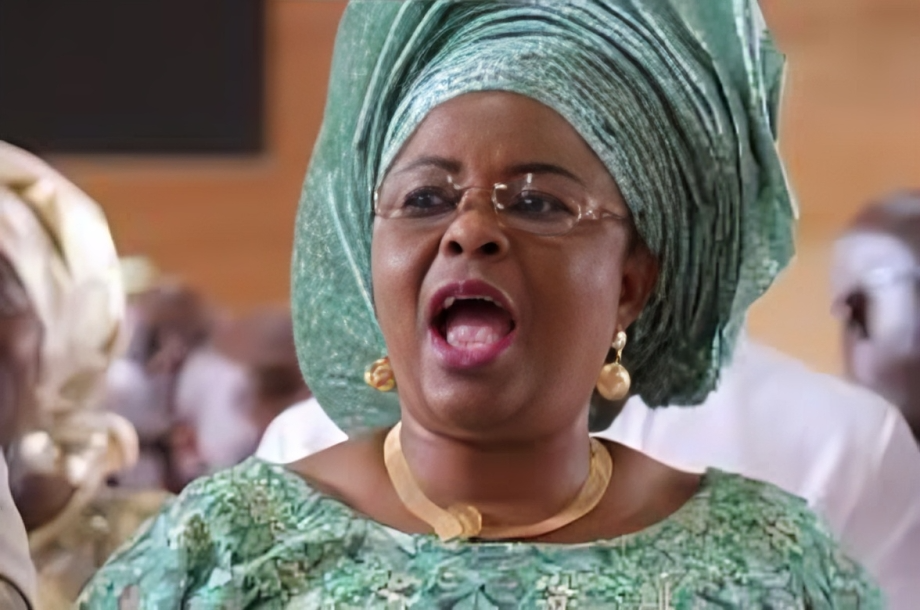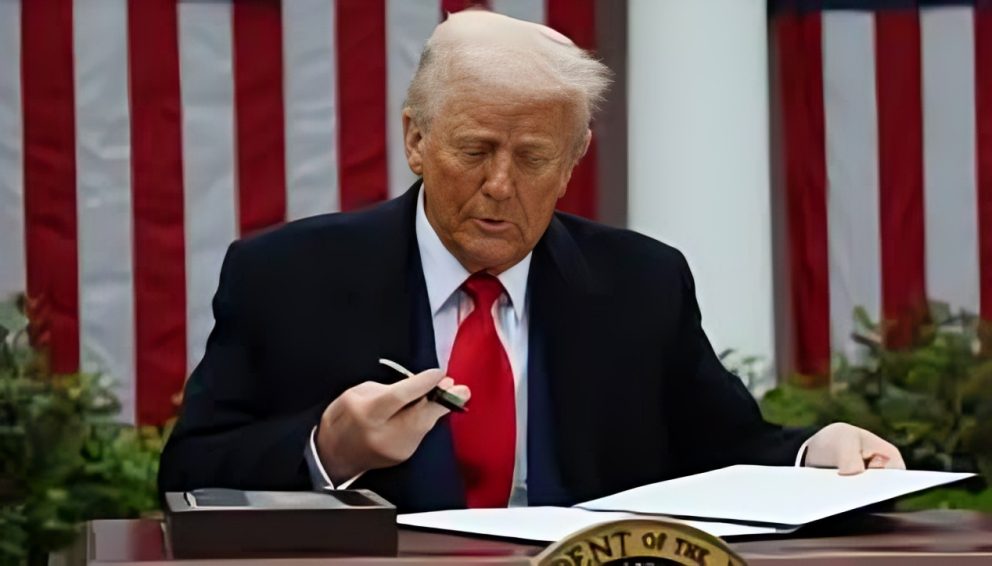
A legal practitioner, Emmanuel Ekpenyong, has disagreed with the Attorney-General of the Federation (AGF) on his ideas about foreign judgment law.
The AGF clarified that the statute gives him absolute discretion to issue an order to bring Part 1 of the Foreign Judgments (Reciprocal Enforcement) Act into operation, and this is not subject to review by any court.
Ekpenyong argued that, in Nigerian law, the court has the jurisdiction to direct any individual, authority, or office in the proper direction by ordering the same to exercise a statutory power or discretion in the proper manner.
The counsel stated his opinion in his reply on points of law filed and dated on March 5 at the Supreme Court to the respondent (AGF)'s brief of argument in the appeal no.: SC/CR/92/2024.
The form was procured by journalists on Tuesday in Abuja.
The AGF, in a Feb. 11 brief he had filed and tendered by Suleiman Jibril at the Federal Ministry of Justice Civil Appeals Section, asked the apex court to dismiss the appeal and affirm the same judgment delivered by the two lower courts.
He prayed the court to hold whether the discretion given to the AGF under Section 3 (1) of the Foreign Judgments Reciprocal Enforcement Act, CAP F35, Laws of the Federation of Nigeria, 1990, to issue an order to bring Part 1 of the 1990 Act into force is final and not reviewable by the courts.
He further requested the Supreme Court to determine whether it is general knowledge that the purposive rule of interpretation is applied to interpret the term "may" and the entire Section 3 (1) of the law. This is to determine whether there is a mandatory legal obligation on the AGF and to determine the real intention of the legislators when they enacted the Act in 1960.
"My lords, our firm stance is that the erudite justices of the court below were right in their holding that discretion vested in the AGF by Section 3 (1) of the Foreign Judgments Reciprocal Enforcement Act, CAP F35, Laws of the Federation of Nigeria, 1990 to make an Order to bring into force Part 1 of the Act is absolute and not subject to judicial review."
In his reaction to legal matters, Ekpenyong of the law firm Fred-Young & Evans LP requested that the Supreme Court disregard whatever was submitted by the AGF.
The human and constitutional rights lawyer petitioned the Supreme Court to determine whether the AGF has absolute discretion to decide whether to direct the bringing into operation of Part I of the Foreign Judgments (Reciprocal Enforcement) Act or not.
"It is our humble submission that no person, body or office under the constitutional democracy of Nigeria has unlimited statutory powers or unlimited statutory discretion to do whatsoever he or she likes without the check of judicial powers of the courts under Section 6 of the Constitution of the Federal Republic of Nigeria, 1999 (as amended).".
The courts have the power to determine whether the statutory discretion or statutory powers were legally exercised and, if illegally exercised, to direct the person, authority, or office in the correct direction by mandating him or her to exercise the statutory power or discretion legally.
The counsel challenged the AGF in his affidavit that there was no authority whatsoever, including that of the court to subject his discretion under judicial review to their inherent supervisory jurisdiction.
The respondent's (AGF) fundamental error in the present case is that he believes he has absolute discretion to decide whether to issue or not to issue the order bringing Part I of the Foreign Judgment (Reciprocal Enforcement) Act ("the 1990 Act") into play.
Ekpenyong, in dissenting from the submission, said that in a constitutional democracy where the discretion is even conferred by statute, such an argument cannot hold.
He referred to an earlier Supreme Court case called Oloyede versus the state. He explained that the court held that "the power given to the courts by Section 6 (6) (a) of the Constitution is wide but not unlimited."
Section 6 (6) (a) of the Constitution vests the higher courts with inherent supervisory jurisdiction over lower courts. Power, which is necessary for the untrammelled administration of justice.
He stated that the AGF is not all-powerful to determine whether or not to issue an order to initiate Part I of the Foreign Judgments (Reciprocal Enforcement) Act.
Statutory discretion vested in the respondent pursuant to Section 3 (1) of the Foreign Judgments (Reciprocal Enforcement) Act is a public statutory duty which is different from bare discretion exercisable by the respondent at his whim whenever he pleases.".
The words 'if he is satisfied' under Section 3 (1) of the Foreign Judgments (Reciprocal Enforcement) Act do not confer upon the respondent absolute power that is not subject to the control and supervision of the court.
"The court will not give a word-for-word interpretation of Section 3(1) of the Foreign Judgments (Reciprocal Enforcement) Act if it results in something unreasonable."
It was the intention of parliament in enacting the Foreign Judgments (Reciprocal Enforcement) Act of 1960 that there would be a post-independence legislation on recognition of foreign judgments in Nigeria.
"We pray this honorable court to give effect to the parliament's intent when it enacted the Act," he concluded. Meanwhile, no date has been fixed for hearing. Ekpenyong had approached the Supreme Court after the Court of Appeal dismissed the appeal in appeal number CA/A/132/2020, between Ekpenyong and AGF, on May 12, 2022. The Court of Appeal affirmed the ruling of the Federal High Court (FHC), Abuja, as delivered by retired Justice Anwuli Chikere, to the effect that the AGF is vested with absolute discretionary powers under Section 3 (1) of the Act to issue a directive commencing Part 1 of the Act. But the Supreme Court on May 27, 2024, had granted Ekpenyong leave to appeal the Appeal Court's judgment that dismissed his appeal against the AGF. A five-man panel of the supreme court, in a ruling read unanimously by Justice Adamu Jauro, granted the appellant's request for the leave of the supreme court to appeal against the judgment of the Court of Appeal.


